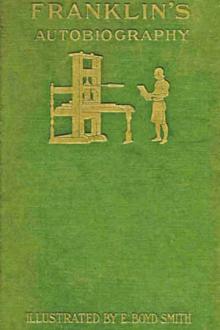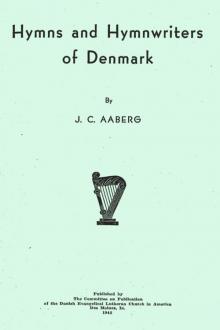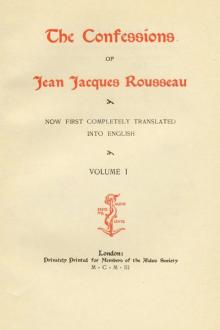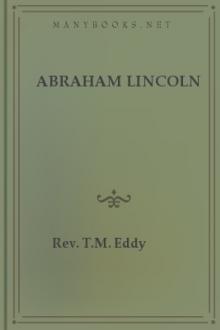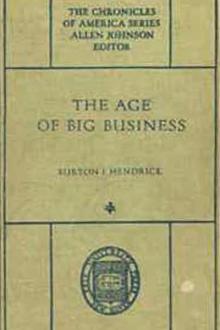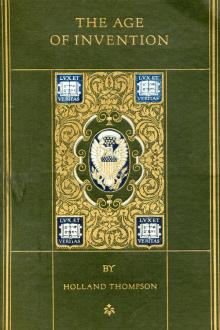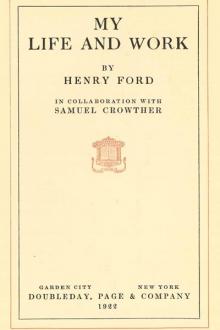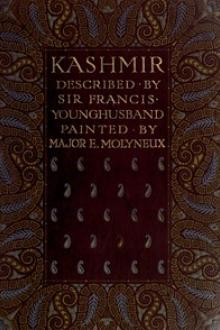Edward MacDowell
Edward MacDowell
His Work and Ideals
An expansion and completion of the biography which Mr. Gilman wrote four years ago for the "Living masters of music" series. "The biographical part is almost wholly new, and is rich in details that throw an interesting light upon MacDowell's development, upon the incidents of his life, and especially upon his work as professor of music at Columbia university. There is thoughtful and sympathetic consideration of his character as a man.
Book Excerpt
ess
spirits call from his most characteristic harmonies. Wagner was a
mystic at sixteen, dwelling largely in the abstract, but grew out of
this, through varied experience, into an active philosopher, with
every objective faculty on the alert, and thus escaped, perhaps, the
fate of MacDowell.
The literary loves of MacDowell, who supplied him with such a wealth of inspiration, were Goethe, Heine, Shakespeare, Tennyson and Keats, and he was himself a poet of no mean ability. Lawrence Gilman says, in his thorough analysis of his work, that, writing as he usually does from some poetic theme, the effect is lost if the hearer does not know the idea around which the composition is woven. For instance, one is apt to take "A.D. 1620" for a funeral dirge, just to hear it without knowledge of the subject, as it somewhat resembles the Chopin Funeral March; but the title suggests something historic, and knowing the lines that inspired it, one can easily distinguish the waves and the majestic movement of a great ship putting out to sea.
Naturally, MacDowell drew heavily upon the German poets, Goethe and Heine, in his earlier works, as he began his serious study of composition in Germany. Equally naturally did he turn to Tennyson, as they are alike in psychic development and in their powers of interpretation of nature. Recently, in Lincoln, England, a new statue of Tennyson was unveiled. It is by Watts, and represents the poet clad in a cape overcoat, with slouch hat in hand and his dog at his side. He and his dumb friend have been strolling in the woods and his head is bent over an uprooted flower held lovingly in his hand. Underneath are the lines which inspired the striking pose:
"Flower in the crannied wall,
I pluck you out of the crannies,
I hold you here, root and all, in my hand.
Little flower--but if I could understand
What you are, root and all, and all in all,
I should know what God and man is."
It is a beautiful conception, the big, tall man contemplating thus revere
FREE EBOOKS AND DEALS
(view all)Popular books in Biography, Music
Readers reviews
0.0
LoginSign up
Be the first to review this book
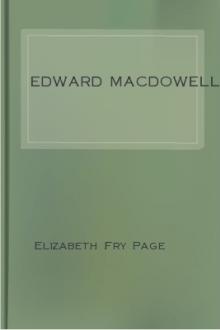
 Free Download
Free Download














